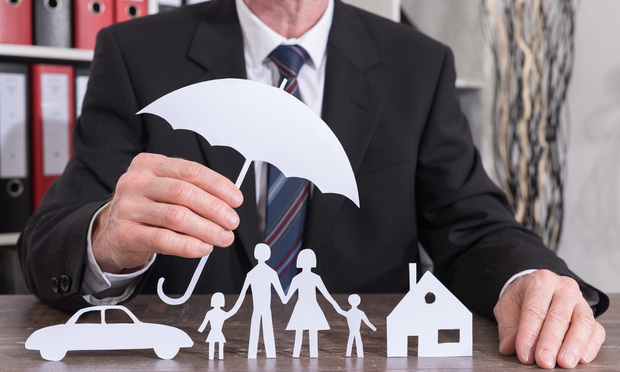Nine years. That’s how long it took for Airbnb to grow from a zero-dollar company to a $30 billion company. Few other businesses in American history can boast such an impressive initial track record. Various forms of “disruptive technology”—like Airbnb—are changing the way we travel, drive, eat and live. Americans are no longer satisfied with the limited options provided by hotels, motels and traditional bed and breakfasts. Airbnb recognized this gap in the market and capitalized on it handsomely. While various other companies, including Expedia and Priceline, are racing to catch up, Airbnb remains the leading “home sharing” company. With that success, however, have come certain challenges that the government, judicial system and insurance companies are still struggling to identify and understand. One such challenge is how innovative concepts like Airbnb impact existing homeowners’ insurance.
Founded in 2008 and based in San Francisco, Airbnb now has over three million listings worldwide and, according to its website, is a self-defined “trusted community marketplace for people to list, discover and book unique accommodations around the world.” Users fall into two predominant categories: “hosts” and “guests.” Hosts rent their property—often on a short-term basis—to “guests” for a fee. The guest selects an accommodation that meets his unique wants and needs. The host reviews the profile of the prospective guest and can either accept or reject the proposed booking. At the end of the stay, hosts and guests have the option to review each other. These reviews post on their respective profiles, providing an incentive for the parties to respect each other and the property. Yet, despite this review and vetting process, accidents and even intentional damage can still occur. From an insurance coverage standpoint, key questions include: Are these damages covered by the host’s homeowners’ policy? Should the host seek additional property or liability coverage, via endorsements, supplemental policies, or otherwise?



